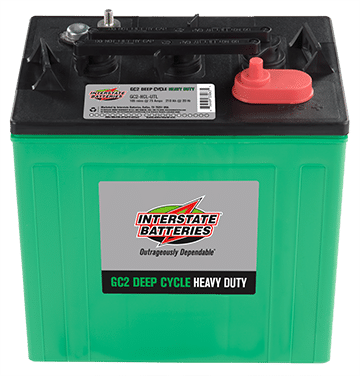A summation of Internet knowledge:
12V Battery Water Depletion
A 12V wet acid battery, also known as a flooded lead-acid battery, can run dry quickly due to several factors. One primary reason is excessive heat exposure, which can cause the electrolyte fluid to evaporate, leading to a condition where the battery is "boiled dry" This situation can occur if the battery is not properly maintained, as the electrolyte level needs to be regularly checked and topped up with distilled water to ensure the lead plates remain submerged
Another reason could be improper charging practices. Overcharging can accelerate the rate of water loss through electrolysis, where water is split into hydrogen and oxygen gases, which escape from the battery Additionally, if the battery is not sealed properly, there is a risk of leakage, which can also lead to a rapid loss of electrolyte.
Regular maintenance, including checking the electrolyte level and ensuring proper charging, is essential to prevent a 12V wet acid battery from running dry quickly. If the battery does run dry, it may be possible to repair it by refilling with distilled water and recharging it slowly, but this depends on the extent of sulfation that has occurred on the lead plates













